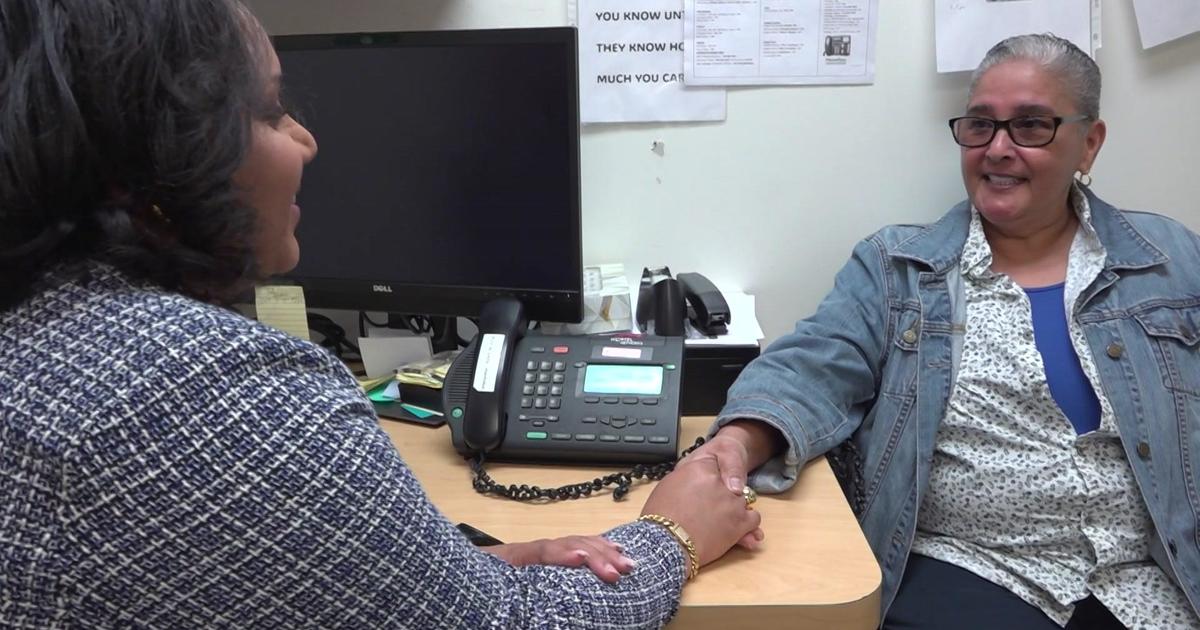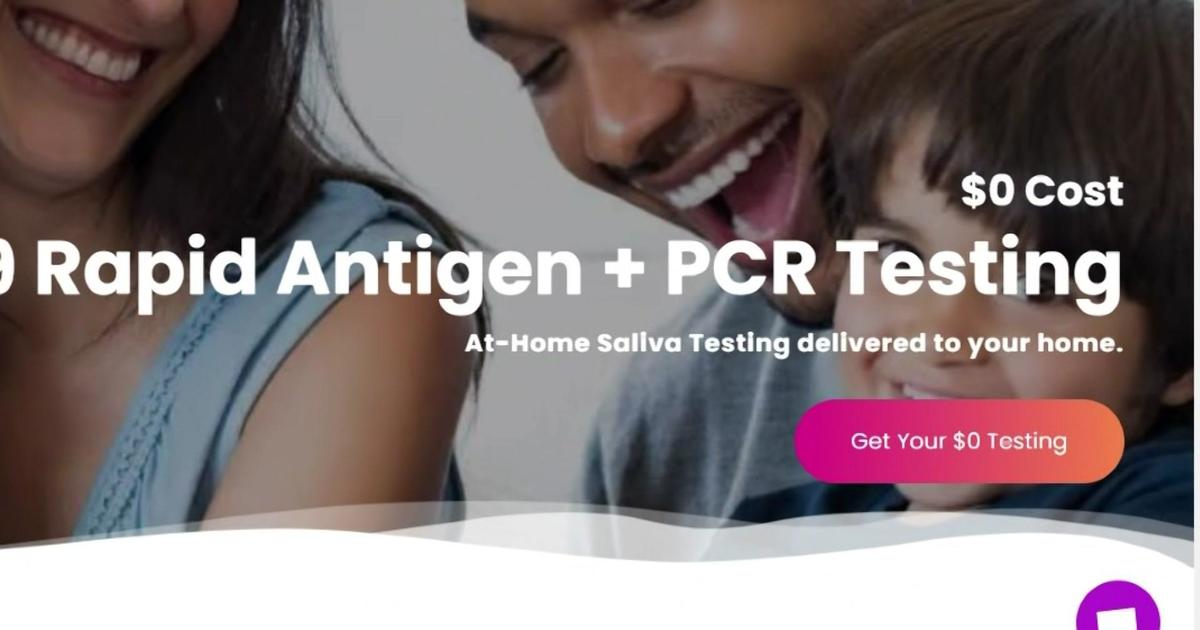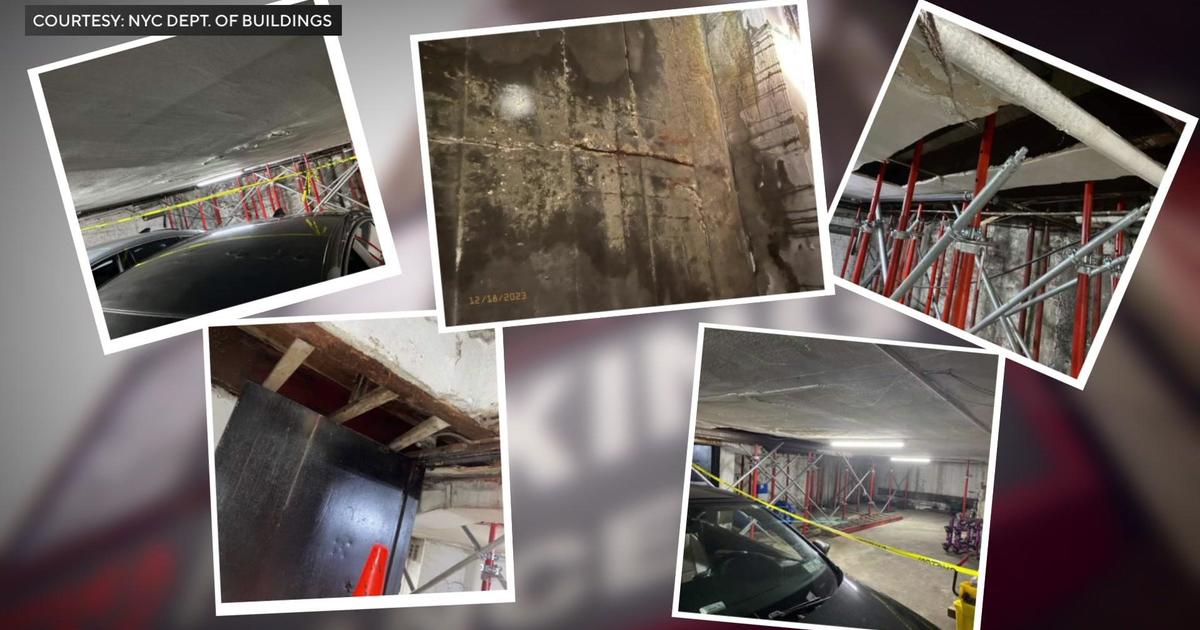UPSIT 'Smell Test' Could Aid In Early Detection Of Alzheimer's
NEW YORK (CBSNewYork) -- There has been a possible breakthrough in the early detection of Alzheimer's and other dementia.
It's a simple, inexpensive test that can be given right in the doctor's office, and as CBS2's Dr. Max Gomez explained it's a smell test.
However, it's not about whether you can smell something -- that's a nose issue -- it's about how your brain processes and remembers certain smells or odors.
A new study found that a simple scratch and sniff test is pretty good at predicting who's going to develop Alzheimer's as much as four years later.
When doctors told Pansy Greene she was in the early stages of Alzheimer's disease, she was just 69.
"I got lost when I was going to the store, and I couldn't find my way home so I had to call Winston and have him come pick me up," she said.
For the more than 5-million people in the country like Pansy with some form of dementia, knowing early on would allow them to better plan their remaining years and perhaps take part in clinical trials that might slow the progression of the disease.
Present early detection tests like a PET scan or spinal tap are very expensive and invasive, and often won't be covered by insurance.
Now, a study of 400 normal adults presented at the Alzheimer's Association International Conference in Toronto by Columbia University Medical Center scientists showed that a simple smell test called UPSIT may be just as good as the other technologies.
"Meaning that either both the sort of low-tech, convenience, non-invasive test - the UPSIT can be performed in an office setting very easily, takes about 20 minutes to perform, it's a 40 item test, costs $20 to buy the kit," Dr. William Kreisl explained.
UPSIT stands for University of Pennsylvania Smell Identification Test. It asks patients to identify certain odors from multiple choices to remember that you've smelled it before, and to identify the thing that's associated with that odor.
Brain scans of the study volunteers showed that poor scores on UPSIT were as good or better predictors of dementia than the scans.
"The very structures that the brain cells are projecting to in setting up the olfactory system in the brain are the same areas of the brain that are affected early on in Alzheimer's," Dr. Kreisl explained.
It's the change or deterioration in your ability to smell and interpret odors that may predict future dementia because a lot of people start out as poor smellers -- smokers and brain injured people for example.
Doctors hope to be able to follow normal volunteers for much loner times to see how early the smell test may be predictive.
The test is available on the internet.



